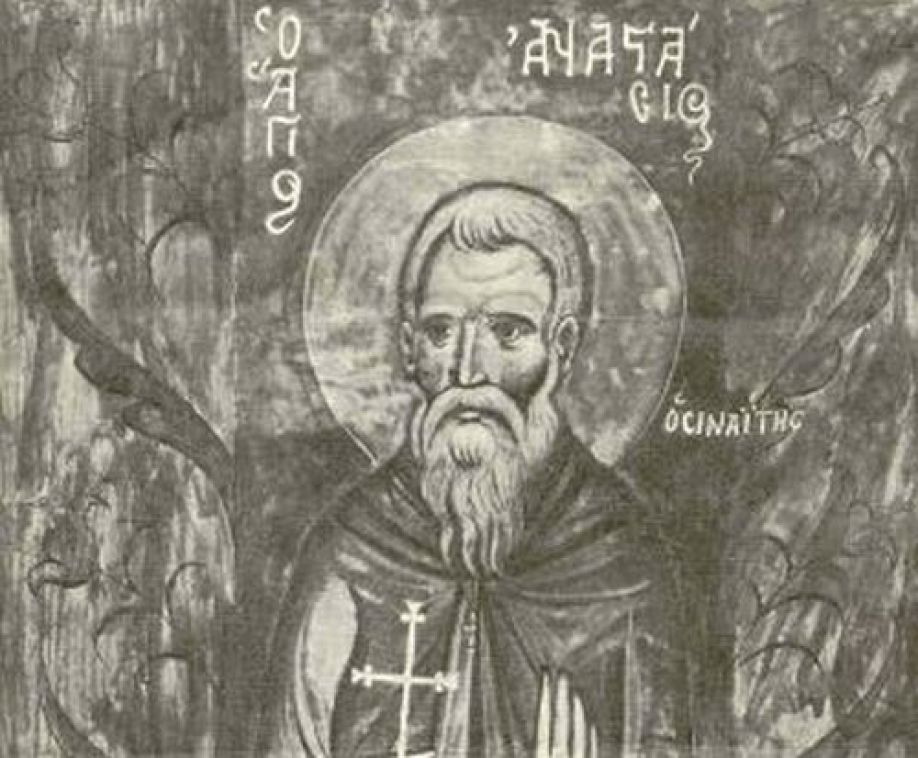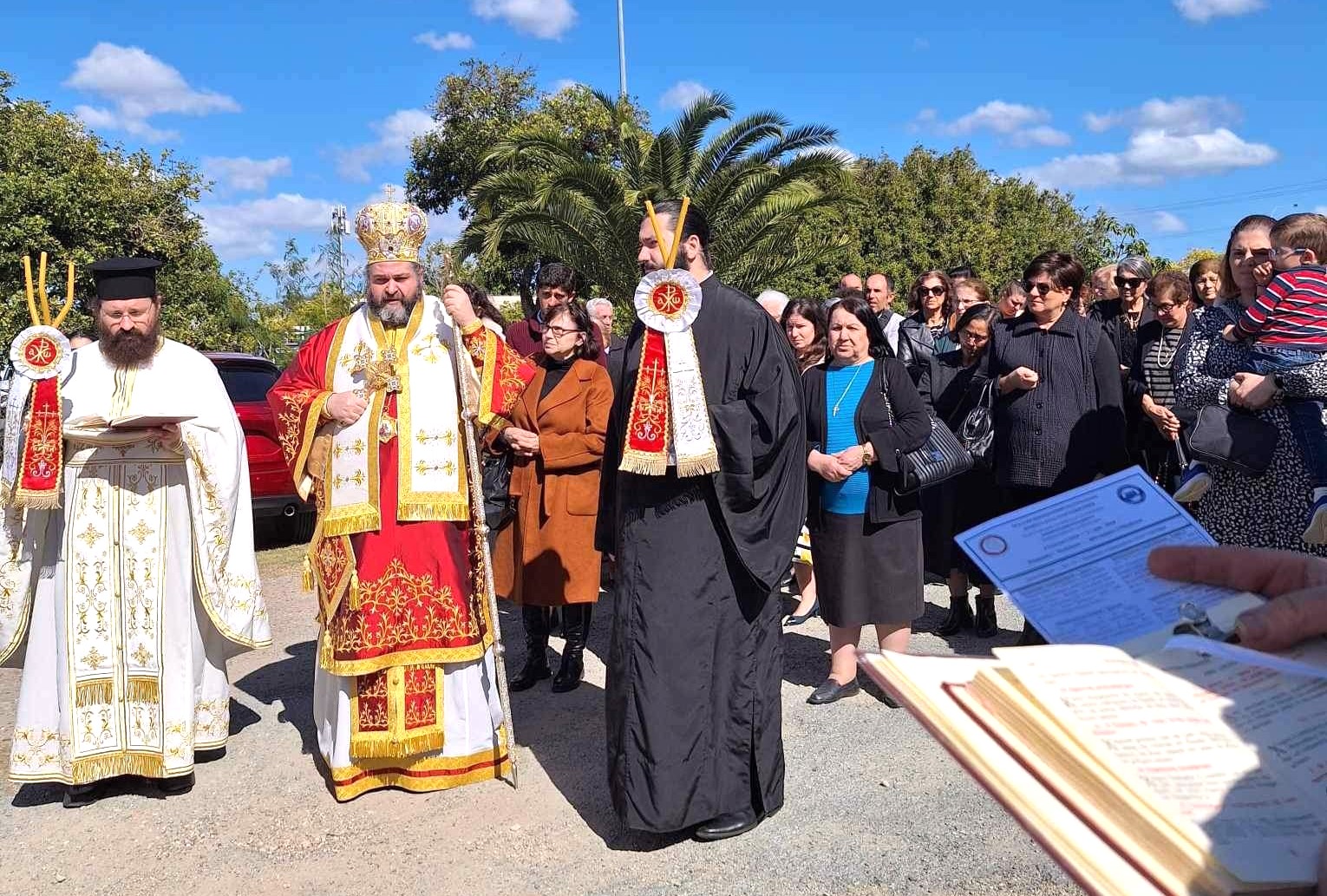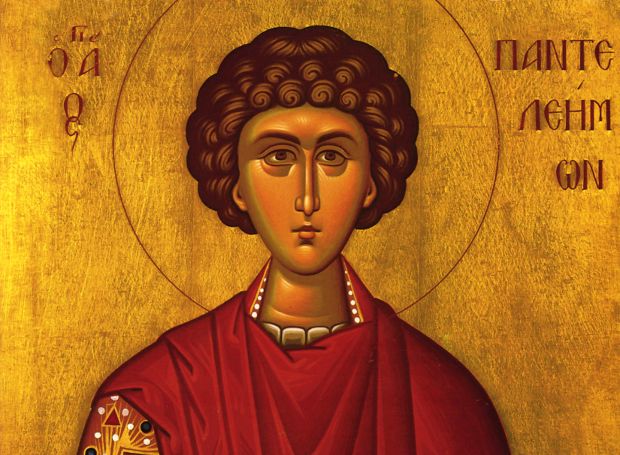Venerable Anastasius, Abbot of Sinai (20 April)


Saint Anastasius of Sinai lived in the seventh century, and was one of the great ascetics who flourished on Mt. Sinai.
From his youth, he was raised in great piety and love for God. When he reached manhood, Saint Anastasius left the world and entered a monastery to take upon himself the yoke of Christ (Mt.11:29). Wishing to perfect himself in virtue, he went to Saint Catherine’s Monastery on Mt. Sinai, where Saint John of the Ladder (March 30) was abbot. There he profited from the example of many holy men who were proficient in monasticism.
Because of his humility, Saint Anastasius received wisdom and spiritual discernment from God. He wrote the Lives of several holy Fathers, as well as other spiritually instructive books. In time, he was found worthy of ordination to the holy priesthood.


Following Saint John and his brother George, Saint Anastasius became abbot of Sinai. He was most zealous in his opposition to heresy, exposing it, refuting it, and covering its adherents with shame. He even traveled to Syria, Egypt, and Arabia to uproot heresy and strengthen the Church of Christ.
Saint Anastasius taught that God gives each Christian an angel to care for him throughout his life. However, we can drive our Guardian Angel away by our sins, just as bees are driven away by smoke. While the demons work to deprive us of the heavenly Kingdom, the holy angels guide us to do good. Therefore, only the most foolish individuals would drive away their Guardian Angel from themselves.
After a long life of faithfully serving God, Saint Anastasius fell asleep in the Lord in the year 685. He and the other ascetics of Mt. Sinai are also commemorated on Bright Wednesday, the Synaxis of the Monastic Fathers of Sinai.
Anastasius was the abbot of Mount Sinai. In the beginning he was a monk for an extended period of time under the glorious Abbot John of the Ladder (Climacus). After John’s death, he then became abbot. Besides being a great ascetic, Anastasius was an eloquent author of the lives of the saints as well as instructional writings. He led a bitter struggle against the heretics, the so-called acephalites [akefalita – headless ones], who denied the decisions of the Fourth Ecumenical Council [Chalcedon, 451 A.D.]. He reposed in old age in the year 685 A.D. and took up his habitation with the Lord, Whom he had faithfully served.
Source: oca.org / westserbdio.org




